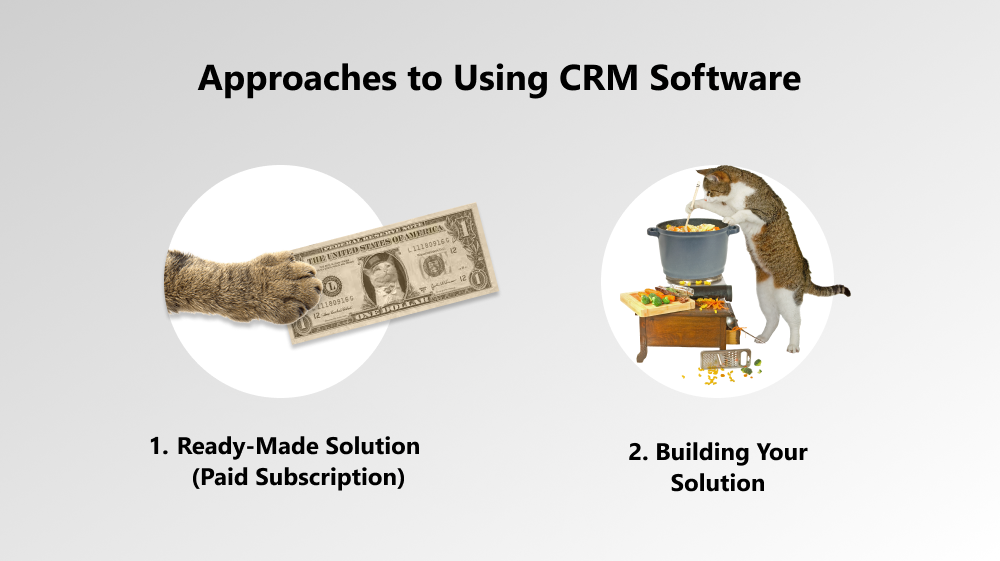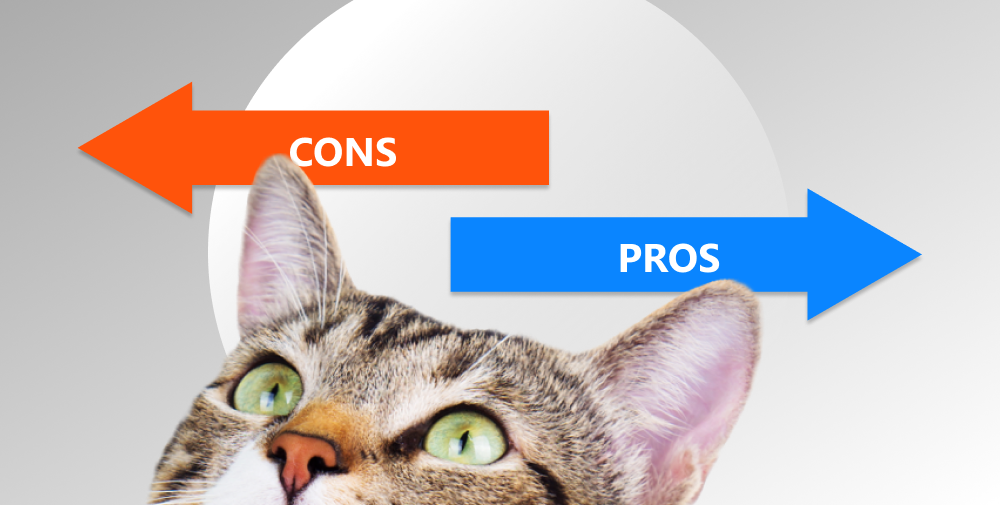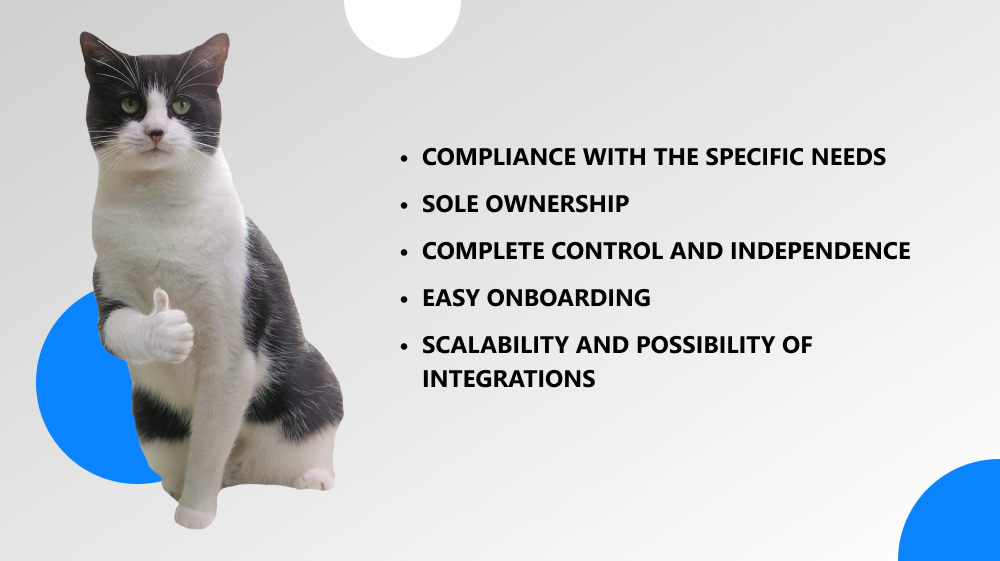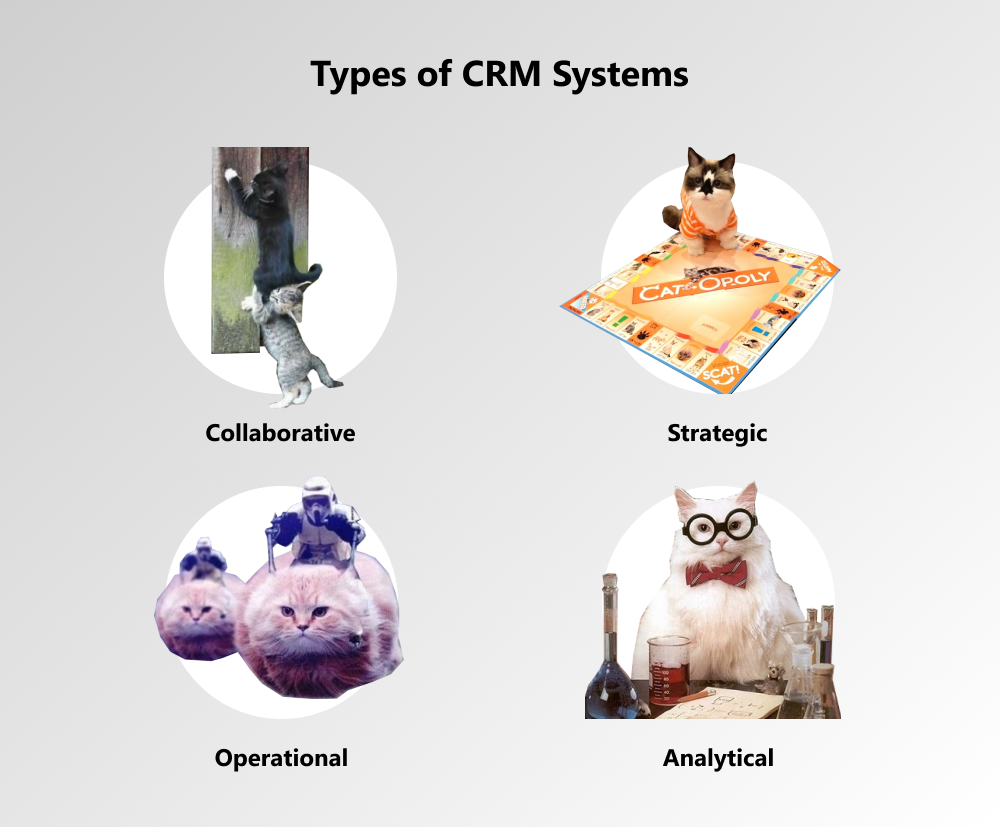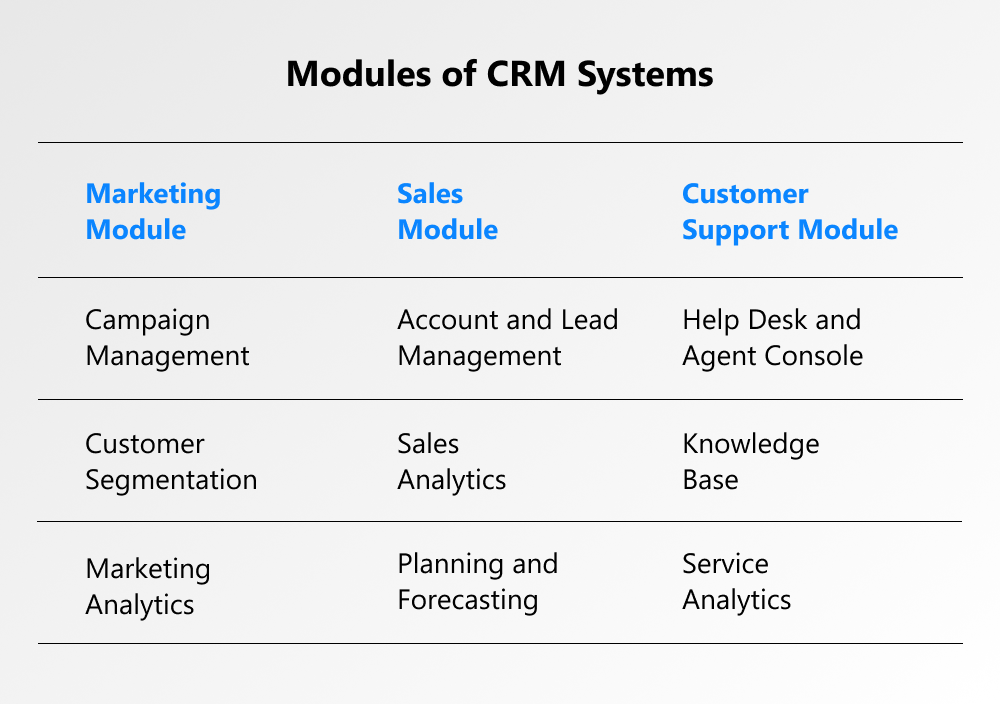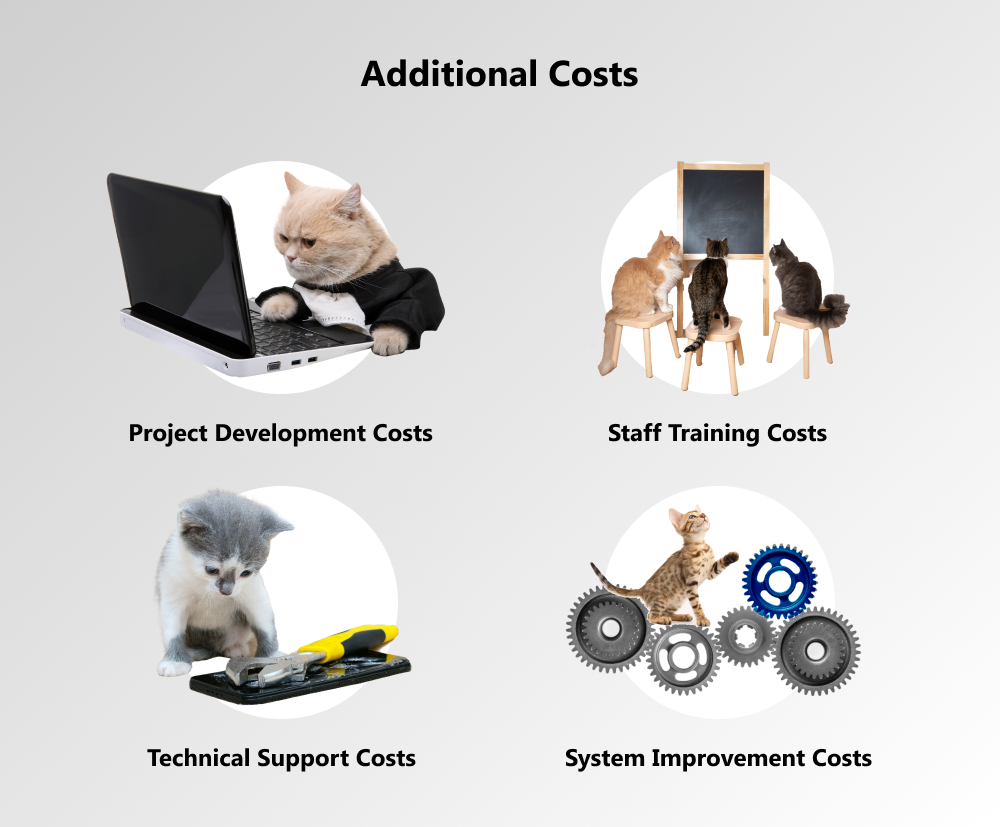As any business expands, eventually there occurs the need for tools that would help to efficiently manage the growing number of customers and to provide a more personalized experience to them. Customer relationship management (CRM) software is exactly such a tool. As each business is unique in nature, ready-made SaaS solutions provided by the industry giants like Salesforce, SAP, or Microsoft are not suitable for every organization. Instead, many prefer to build their own CRM software that would fit their specific needs and goals. The question then arises, what would be the cost of such a solution?
written by:
Alexander Arabey
Director of Business Development
As any business expands, eventually there occurs the need for tools that would help to efficiently manage the growing number of customers and to provide a more personalized experience to them. Customer relationship management (CRM) software is exactly such a tool. As each business is unique in nature, ready-made SaaS solutions provided by the industry giants like Salesforce, SAP, or Microsoft are not suitable for every organization. Instead, many prefer to build their own CRM software that would fit their specific needs and goals. The question then arises, what would be the cost of such a solution?
Contents
Approaches to CRM
The CRM software market has become one of the biggest in the world with the overall CRM usage jumping from 56% to 74% in 2019 and the prediction to grow even further and reach over USD 80 billion in revenues by 2025. The ability to efficiently track and manage data and activities on a single platform in real-time, adjust the company’s sales, marketing, and customer service strategies towards specific needs and a more personalized service and product offerings, and, as a result, improve customer retention rates and achieve an increase in profits are the key factors behind the growth of CRM systems.
The two approaches to using CRM software are either through a paid subscription for a ready-made solution or building your own one from scratch. Even though most ready-made solutions can be customized to some extent to better meet business needs, they are still following a standardized scheme and quite inflexible in terms of adding new functionalities or third-party services. For this reason, organizations that require a different solution from what enterprise-level CRM systems offer can pick an option of building their own CRM software that would be customized to their specific needs and processes.
Let’s have a deeper look into the benefits of CRM software for businesses and of developing a custom solution, the baseline features that need to be included there, and the factors that can influence the cost.
Business Benefits of Implementing CRM Software
We have collected some of the main benefits of the CRM system for any business in the list below.
- Gathering of all clients’ data including information from the employees who have had contact with them;
- Storing of all data in one place, accessible to all departments involved with the customers (directly or indirectly) at any time;
- Improved cooperation between teams and departments due to inbuilt scheduling functionality;
- Automation of the processes that used to be done manually;
- Quick and insightful analysis of data related to customer behavior and business performance and, as a result, improved customer retention rates and increased profits;
- optimization of business operations, efficient reporting tools, and increase in teams’ productivity;
- conversion rates increased by 300%.
Who Is the Target?
CRM systems are a common practice for a vast audience, but it's no surprise that the most fruitful application of this software is found in the B2C and B2B sectors.
However, we may still single out certain spheres where CRM is virtually a must. They share one thing in common — the need to manage contacts in an effective and failure-proof way. Can you guess which spheres are those? Okay, we won't make you suffer. The answer is Insurance, Consulting, Real Estate, and Distribution. The success of these players hit the test posed by the COVID-19 pandemic, as face-to-face interactions decreased, but in order to strive, you have to service your customers well and with no delays and errors. The virus, as you might expect, only fueled the growth of the demand for CRM at a rate of around 13%.
Here is when the nicely-coded software comes to save you.
Pros and Cons of Developing Custom CRM Software
Now that we identified why CRM software is an essential tool to any business, it is time to weigh the pros and cons of building your CRM system from scratch as opposed to using a ready-made solution.
- Compliance with the specific needs. Custom-built by definition means that it is fully adapted to the specific needs and processes of your business and there are no unnecessary functionalities and modules, which saves the company time and money.
- Sole ownership. The software rights fully belong to the company and there is no need to pay for a license or subscription.
- Complete control and independence. Complete control over the database and terms of incorporating changes in the functionalities.
- Easy onboarding. As custom CRM is built with company-specific workflows and processes in mind, it takes less time for the employees to complete onboarding and to make fewer mistakes.
- Scalability and possibility of integrations. With a custom CRM app, it becomes possible to scale the system as the business expands, as well as add new features and required in-house or third-party integrations (messaging and mail servers, file storage, and sharing apps, etc.).
All these combined create perfect conditions for a dramatic increase in your team productivity by 50% or more which surely leads to sales productivity and uplift increase and reduction of consultation time. And time is the most precious of them all.
- Cost of building. Unfortunately, all the above advantages come at a significant price, which may be an issue for smaller businesses. However, it is also advised to compare the cost of developing your own CRM software versus the cost of 7–10 years of the paid subscription before making the final decision.
- Support and maintenance. Together with the sole ownership, also comes the headache of software maintenance and updates. However, in the case of the long-term arrangement with the software development vendor, they are able to provide that service for you.
Types of CRM Systems
Depending on the business process that needs improvement, there are four different types of CRM software that can either be used alone or are usually combined into one system.
- Collaborative CRM System: allows keeping track of and synchronizing every interaction with the customer across various platforms (phone, email, web page, social networks, etc.);
- Strategic CRM System: assists in maintaining a long-term relationship with the customer through the collection and analysis of customer data in a knowledge base;
- Operational CRM System: aimed at the automation of sales, marketing, and customer service processes and achieving of short-term goals;
- Analytical CRM System: made for the organization and analysis of customer behavior using data collected via Operational CRM.
Modules and Must-Have Features of CRM Systems
One of the main cost drivers is the number and the complexity of the features included in the CRM system. To not overspend the resources, it is essential to have an understanding of the type of CRM your business needs and of the specific modules that should be included in it. Hence, to help you better orientate, we would like to make an overview of the main modules and their must-have features.
1. Marketing Module
Marketing processes automation helps to create a more successful marketing campaign, track its performance, and properly organize marketing processes. There are three crucial functionalities that come with this module:
- Campaign Management. This tool enables specialists to execute and track marketing event-based campaigns through the means of storing all related information in the system, creating alerts, automating certain events, assigning tasks, and communicating to other colleagues through the system.
- Customer Segmentation. Segmentation of the customers based on the collection from the sales data allows marketing professionals to correctly assess the right strategy and make effective decisions based on the customers’ behavior patterns, preferences as well their profitability.
- Marketing Analytics. Real-time analytics make it possible to quickly evaluate the success of the active marketing campaigns, their Return on Investment (ROI) as well as newly-established trends.
2. Sales Module
Automation of some sales processes enhances the performance of the Sales team, helps them to close more new deals faster, and manage and track existing as well as potential clients. The main functionalities in the sales module are:
- Account and Lead Management. These are two key functions of the Sales team. Through these functions, sales representatives can create new accounts, add and easily manage leads, convert leads into opportunities, and follow them through all the steps to the very closing of the deal. It provides the visibility of all lead-related data including the status of negotiations.
- Sales Analytics. This feature gives sales teams visibility of their performance success, which is essential for tracking sales trends, sharing data with other colleagues, and adjusting their strategies. There must be filtering options, customizable dashboards, and the possibility of uploading and combining data from external sources.
- Planning and Forecasting. As sales specialists need to plan their actions and strategies depending on the data retrieved by the marketing team, this tool’s main goal is to provide convenient functionality for setting goals, defining strategies and plans, creating reminders in the calendar and assign responsible team members for certain objectives.
3. Customer Support Module
The key to customer retention is consistent and factual communication, which is why a well-established customer support process is essential. A CRM system helps to handle communication with the clients efficiently, while also collecting all customer-related data across various platforms in one database.
- Help Desk and Agent Console. This feature allows saving all customers’ requests and complaints from various sources (email, messages, social media, etc.) in one place, assigning them to the responsible person and tracking their status through the ticketing system.
- Knowledge Base. This is a database of all the answers to the most frequently asked questions that support representatives can edit and provide to the customer for self-service, while they are dealing with more serious requests.
- Service Analytics. Similarly to marketing and sales, the customer success team also needs to be able to track their performance in order to improve, which is done through the analysis of the statistical information about clients’ requests from various sources.
Additional Costs
The total cost of building a custom CRM system is not limited to the software development price only. The following additional costs need to be considered as well:
- Project Development Costs. Before the development process can be started, the first step is to create a project plan, identify the purpose of the project, and list down its requirements, which can be only done after thorough market research and competition analysis.
- Staff Training Costs. This cost is directly associated with the time and resources spent on teaching employees how to use the new system.
- Technical Support Costs. No matter how well the system has been built, it still can encounter errors while operating, which is why there is a need for a technical support service. It can be a single in-house technician, an entire department, or an outsourced company, depending on the complexity of the system and budget.
- System Improvement Costs. After deployment, along with eliminating bugs, the CRM system needs to be constantly updated to follow new trends, enhance performance, and acknowledge employees’ feedback.
Bottom Line
Finally, it is time to get to the main question of the article and identify the average price of developing a custom CRM software system.
Due to the wide range of scope that a project can take, the cost can vary greatly as well. Firstly, it depends on the type of the CRM system to be built, on the modules, features, and add-ons to be included, on the complexity of the whole project, the number of users it is being built for, and on the additional costs. The more advanced solution you get, the higher price you will need to pay.
On average, the cost of developing custom CRM software starts at USD 50,000 and can go all the way up to USD 700,000. However, the exact cost can only be established after the goals and requirements were indicated and the development company was able to evaluate the project complexity.
For a consultation on your specific project or to learn more about CRM systems, please visit our website or get in touch with our Support Team.

Contacts
Feel free to get in touch with us! Use this contact form for an ASAP response.
Call us at +44 151 528 8015
E-mail us at request@qulix.com



